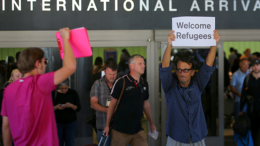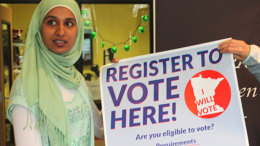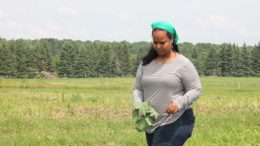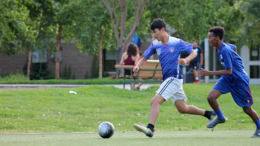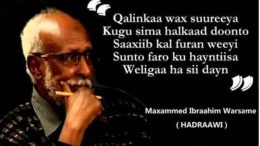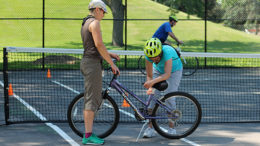Ask a Muslim Scholar November 2018
Question: What do you do with papers that have prayers written on them that come in the mail (i.e. Ramadhan schedule, etc.) after you are done with them? Do you throw them away, or do you burn them? Answer: Once we are done with papers or magazines with writings of Qur’anic verses or prayers or names of Allah, etc. we must not simply throw them or discard them as we would do with any other ordinary stuff; rather we must dispose them off in a respectable manner. The ideal way of disposing such materials off is by shredding them and then trashing them. If that is not possible, then the next best thing to do is to trash them after cutting and slicing them into tiny pieces. Burning is not recommended as it may be highly risky especially indoors. If, however, it is extremely safe to so, and, once done under strict supervision, there is no harm in burning them. Question: Is visiting the graveyard on Eid-ul-Fitr considered Bid’ah or Sunnah? Answer: Visiting graves is a great sunnah of the Prophet, peace be upon him; there is no fixed time limit for it, one is free to do so any…


